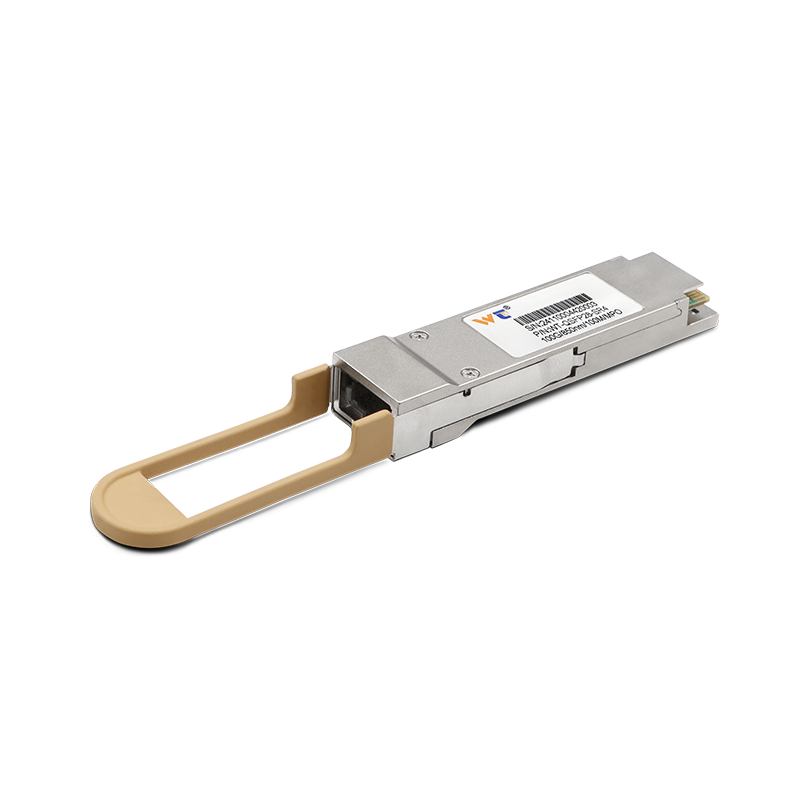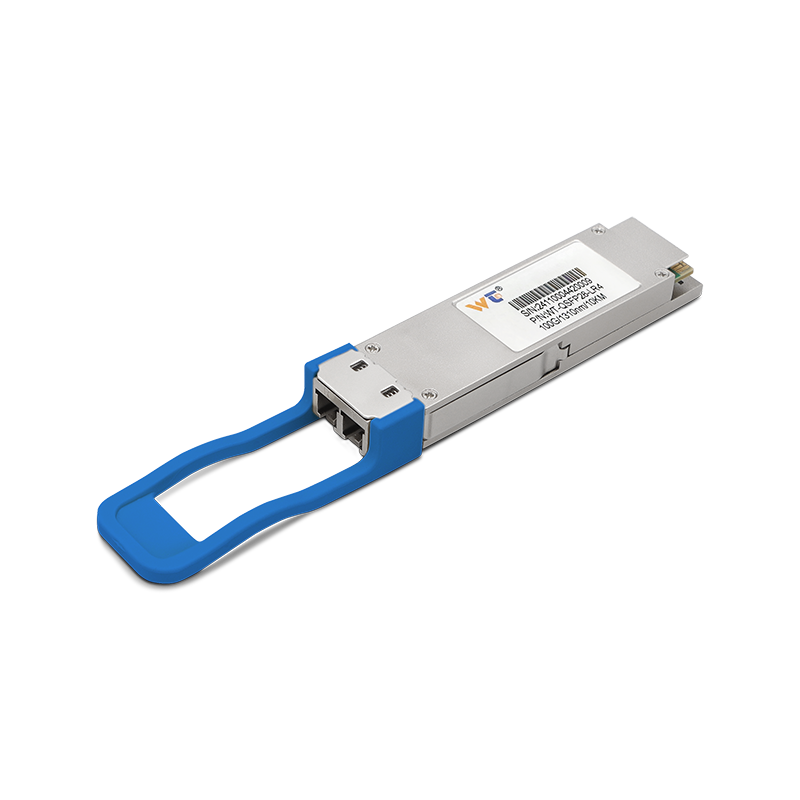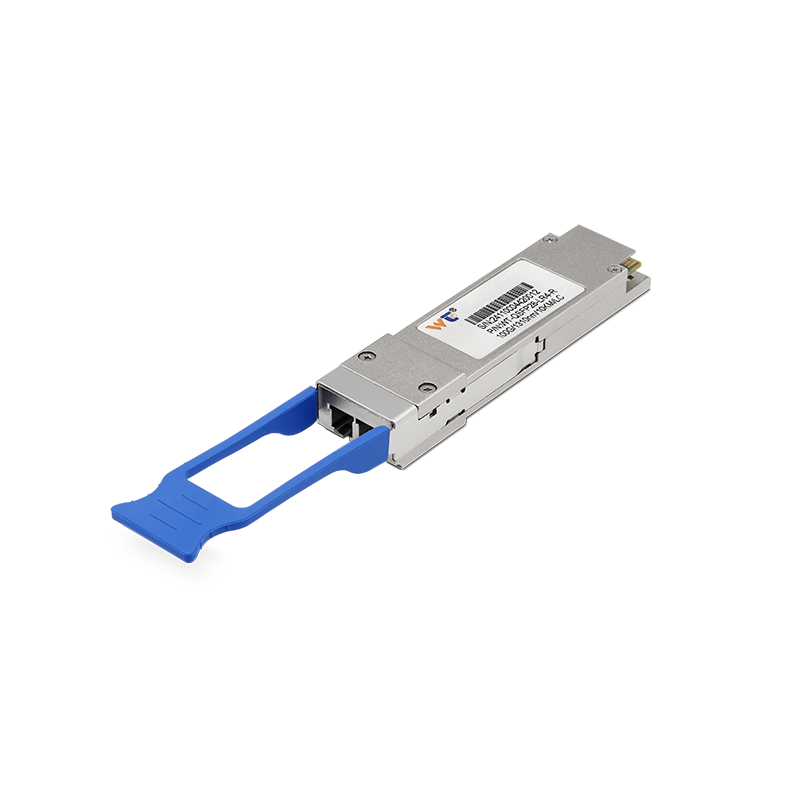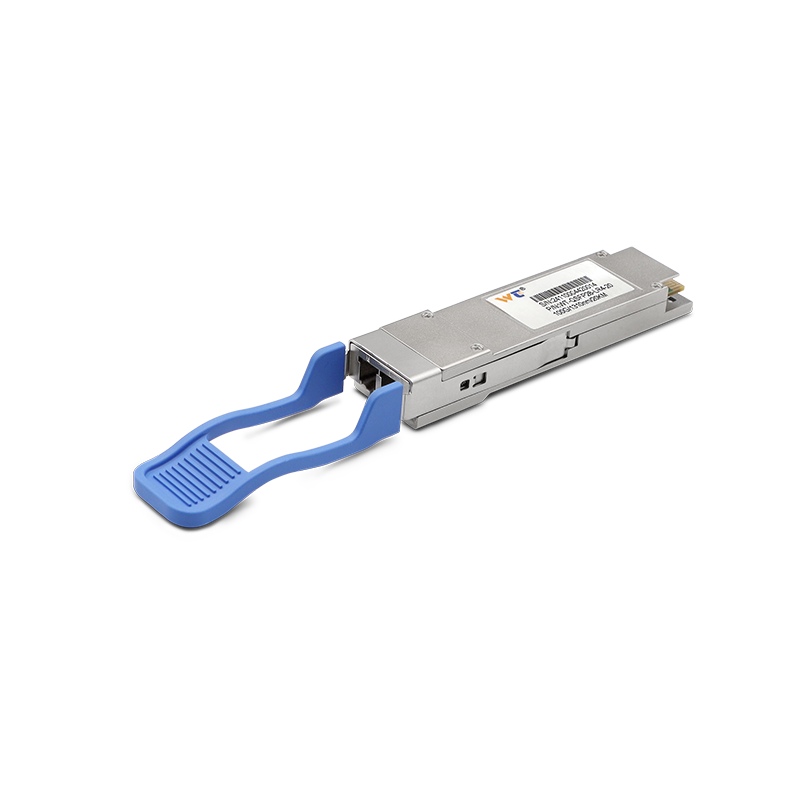Navigating the realm of network engineering interviews can feel like diving into deep waters, especially for those of us who are just starting out. As we gear up for our future career opportunities, it’s crucial to get a handle on the common questions that might pop up during interviews—and trust me, it’s not just about having the right answers in your back pocket. How you convey those answers? That’s where the magic happens. Whether you’ve spent years honing your craft or are fresh off the starting line, being aware of what can earn you some unwarranted deductions is key to succeeding. This guide aims to shed light on the usual missteps while providing you with some handy strategies to polish up your interview responses. So, let’s unpack what really matters when it comes to being prepared for those interviews and understanding what interviewers are genuinely looking for.
In a network engineering interview, grasping the context behind each question and diving into the technical depth is absolutely vital. Common types of inquiries often center around troubleshooting scenarios, knowledge of protocols, and an understanding of configuration challenges. However, the way we express our answers can make a massive difference in how we’re evaluated. For example, instead of just regurgitating facts about routing protocols like a walking textbook, we should aim to showcase our practical experience. Think back to that time you had to untangle a particularly tricky network issue—giving a detailed account of how you navigated that can really display your problem-solving skills. Moreover, let’s steer clear of vague responses that lack substance—when we lay out specific methods we used in past projects, we come off as confident and knowledgeable, which can definitely save us from losing points.
To truly ace those interview questions, it’s imperative we first solidify our foundational knowledge in network engineering. We need to wrap our heads around key concepts like TCP/IP, the OSI model, and essential troubleshooting techniques. This isn’t just a game of memorizing definitions; we should be ready to discuss how these concepts play out in real-world situations. Take, for instance, diagnosing potential network bottlenecks. It would be beneficial to outline how you’d approach such a dilemma, using real tools such as Wireshark or even simple ping tests. In the end, ensuring clarity and relevance in our explanations can significantly enhance our performance during interviews.
Essential Terminology in Network Engineering:
- TCP/IP (Transmission Control Protocol/Internet Protocol): This is basically the backbone of how devices communicate over the internet—like the universal language for networking.
- OSI Model (Open Systems Interconnection): Think of this as a blueprint for understanding how different networking protocols operate across various layers.
- Subnets: This concept is all about refining performance and security by segmenting traffic within an IP network.
- Routing: At its core, this is about choosing the best paths for data to travel across a network.
- Switching: This refers to how data packets are sent between devices on the same network—essentially, it keeps everything flowing smoothly.
Now, if we want to shine in our interviews, it’s all about being strategic. Start by digging deep into the company’s network infrastructure and technology stack to get a sense of what they’re working with. After you’ve got a good idea, focus on these steps:
- Familiarize Yourself with Common Questions: Dive into the typical queries you might face in interviews.
- Gather Real-World Examples: Connect what you’ve learned theoretically to situations where you’ve tackled challenges head-on.
- Practice Problem-Solving Scenarios: Simulate some troubleshooting situations to build your confidence.
- Know What they’re Looking For: Get a grip on what interviewers value in terms of not just technical knowledge but also communication skills.
- Seek Constructive Feedback: Mock interviews can help shine a light on where you can improve and boost your delivery.
If you’re looking to elevate your interview prowess, think about integrating technical scenarios into your responses. It's all about demonstrating how you can take theoretical principles and put them into action. If you walk into that interview with a hands-on mindset and share your real-life problem-solving tales, your responses are bound to resonate better with those who are interviewing you.
So, what strategies are you planning to employ to make an impression during your network engineering interview?
If you can express your understanding and practical application of networking concepts with poise, then not only will you be addressing the questions asked, but you’ll also be showcasing your potential value to the team.
Q&A:
- Q: What are some common pitfalls candidates fall into during network engineering interviews?
A: A lot of candidates struggle by being too vague and failing to back their statements with specific examples. It’s all about context! - Q: How significant is non-verbal communication in an interview?
A: Non-verbal cues like maintaining eye contact and good posture play a huge role in demonstrating confidence and engagement; they should complement what you’re saying.
As you hone your skills and practice for interviews, keep in mind that they’re not just about showing off your technical know-how—they’re also about demonstrating your enthusiasm for the field. Each interview is a window of opportunity waiting to be seized. Use the insights shared here to sharpen your strategies and approach, and with hard work, you’ll navigate this challenging yet rewarding path effortlessly.
In wrapping up, mastering interview responses in network engineering is all about blending a solid grasp of complex ideas with clear and confident communication. Your ability to link theoretical knowledge with practical applications shines a spotlight on your capabilities. By refining your responses and preparing properly, you can dodge those pitfalls that might lead to point deductions. Stay open-minded and embrace the learning journey as you step into this challenging yet fulfilling world. By continually improving your communication skills, technical knowledge, and problem-solving abilities, you'll position yourself as a standout candidate amidst the competitive landscape of network engineering.






